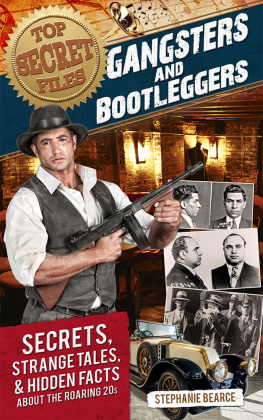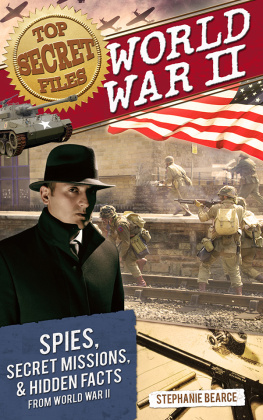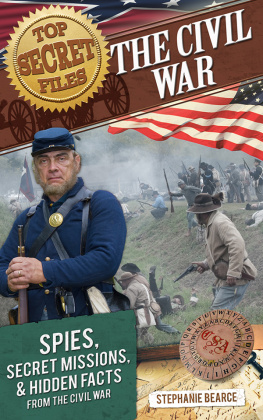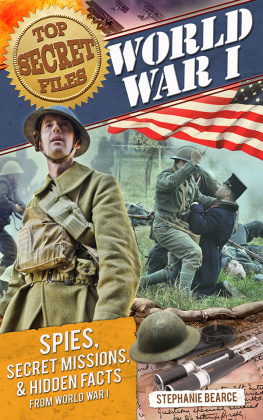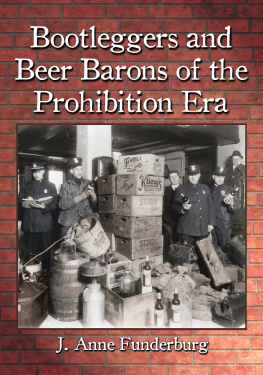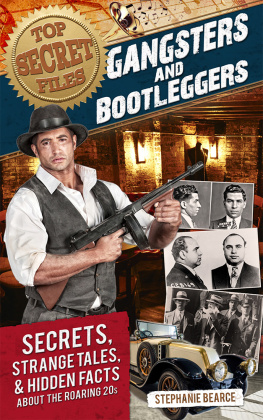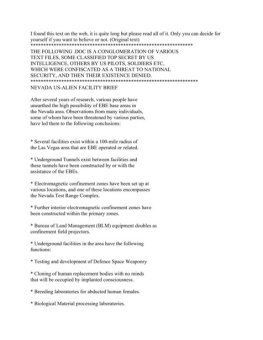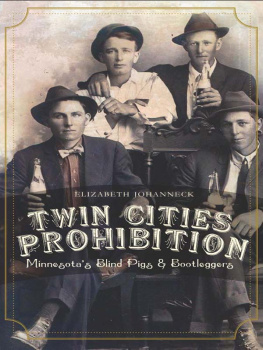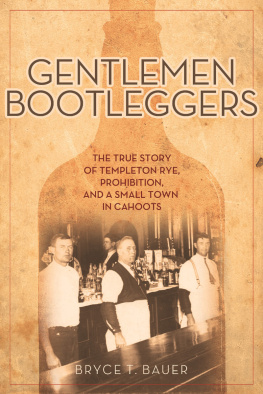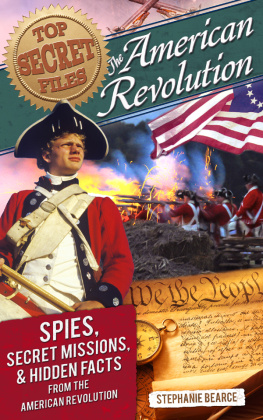

Image credits: : Property of Museum of History & Industry, Seattle
Copyright 2016 Prufrock Press Inc.
Edited by Lacy Compton
Cover design by Raquel Trevino and layout design by Allegra Denbo
ISBN-13: 978-1-61821-511-6
No part of this book may be reproduced, translated, stored in a retrieval system, or transmitted, in any form or by any means, electronic, mechanical, photocopying, microfilming, recording, or otherwise, without written permission from the publisher.
At the time of this books publication, all facts and figures cited are the most current available. All telephone numbers, addresses, and website URLs are accurate and active. All publications, organizations, websites, and other resources exist as described in the book, and all have been verified. The author and Prufrock Press Inc. make no warranty or guarantee concerning the information and materials given out by organizations or content found at websites, and we are not responsible for any changes that occur after this books publication. If you find an error, please contact Prufrock Press Inc.

| Prufrock Press Inc.
P.O. Box 8813
Waco, TX 76714-8813
Phone: (800) 998-2208
Fax: (800) 240-0333
http://www.prufrock.com |
Table of Contents
WARNING!
HEY YOU DARBS AND DOLLS! BE WARNED! THE STORIES IN THIS BOOK ARE SOME HUMDINGERS AND THEY MIGHT JUST GIVE YOU THE HEEBIE-JEEBIES. THERES SOME NASTY STUFF ABOUT PEOPLE GETTING BUMPED OFF AND BEING TAKEN FOR A RIDE. IF YOU THINK THERES A CHANCE YOU MIGHT UPCHUCK OR HAVE A KITTEN WHEN YOU READ ABOUT BLOOD AND GUTS, THEN YOU NEED TO GET A WIGGLE ON AND SKIP THIS JOINT.
BUT IF YOURE KEEN ON LEARNING THE TRUTH, THEN JEEPERS-CREEPERS, KEEP ON READING!
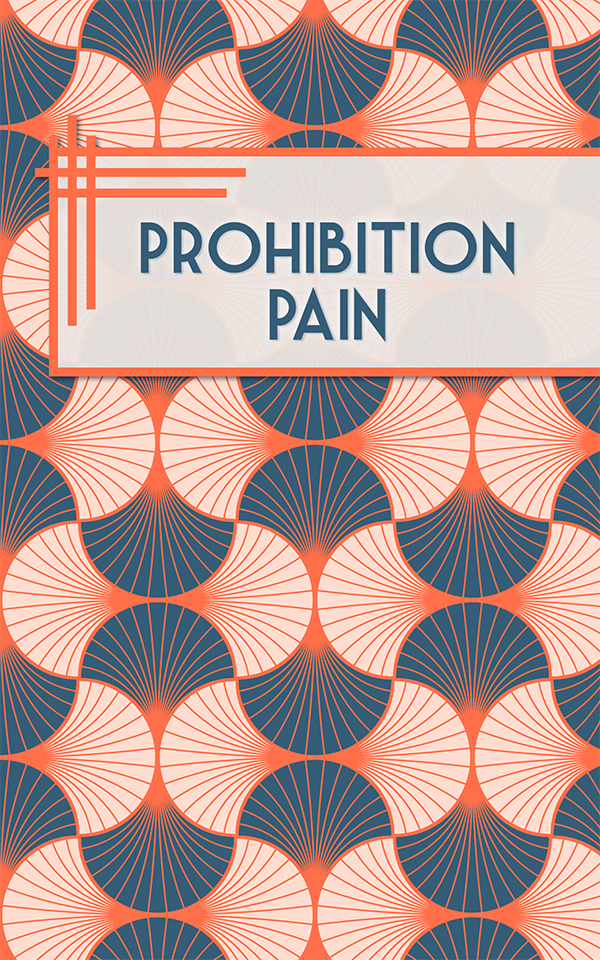
Carrie Nation holding a hatchet
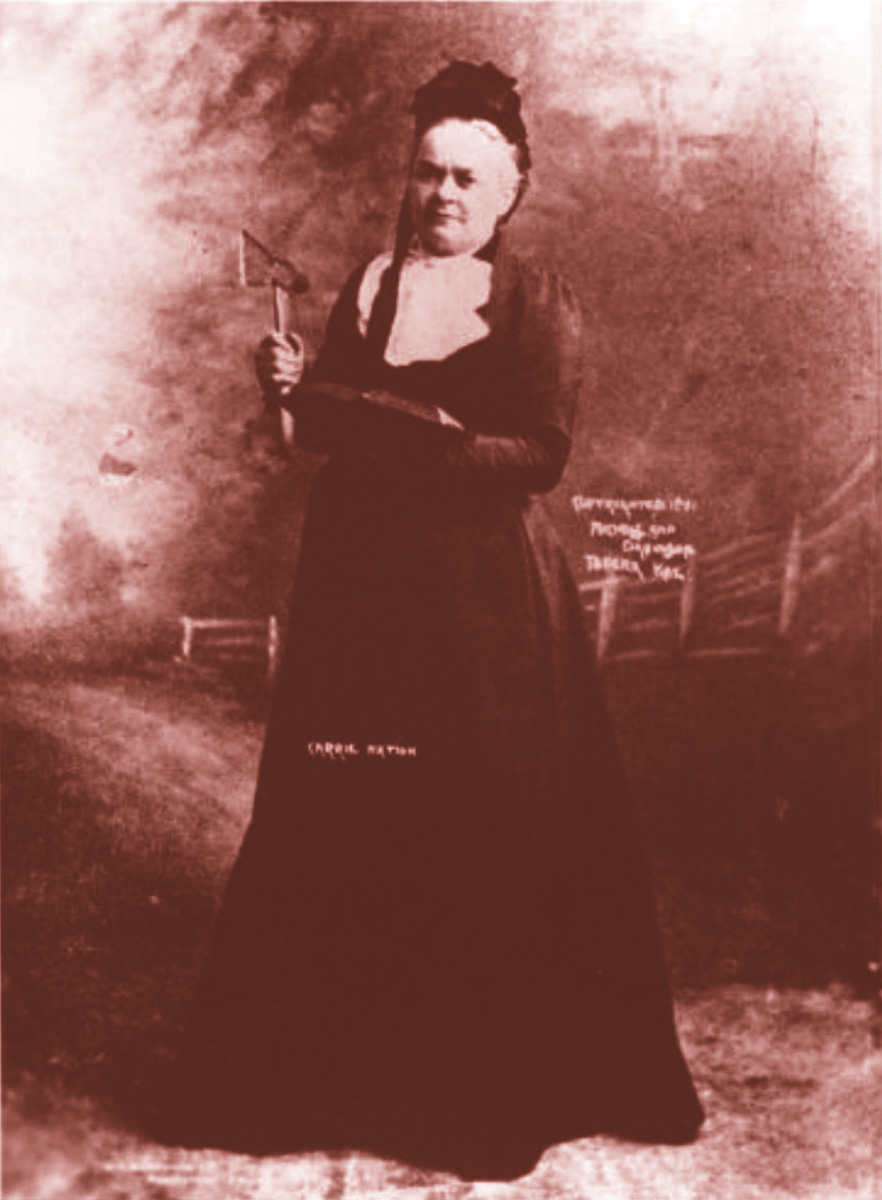
Wichita saloon in Kansas destroyed by Carrie Nation, 1901
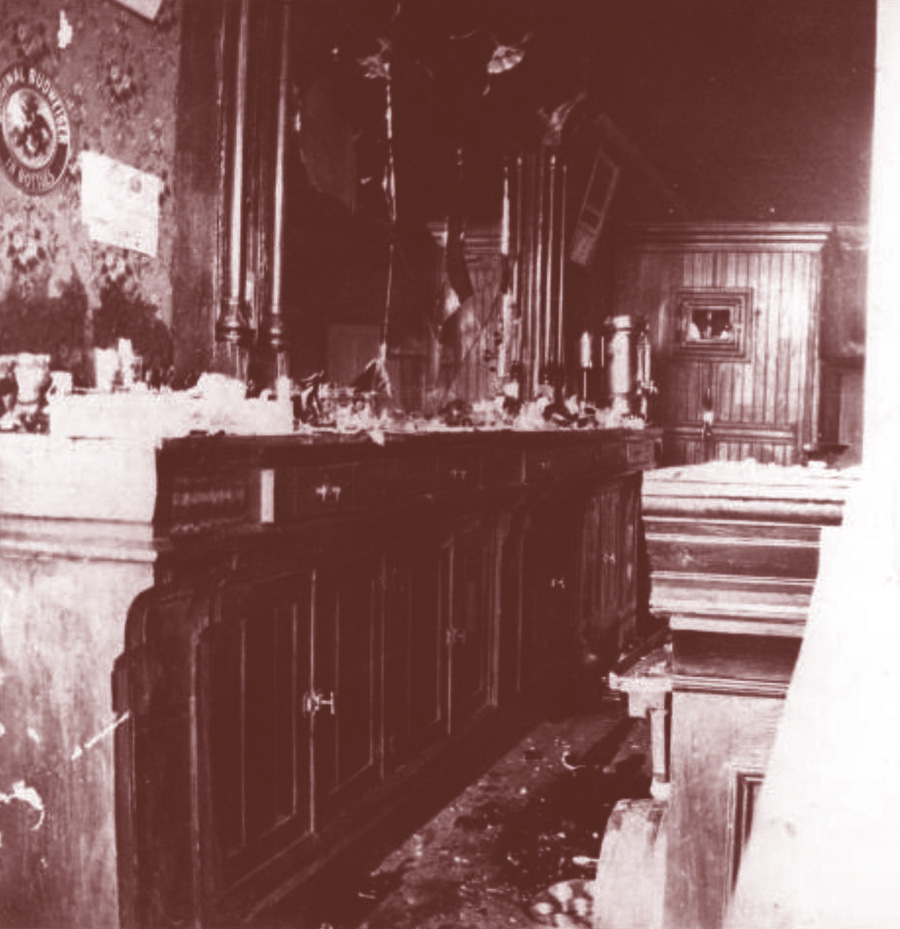
Carrie Nation
Woman With a Mission
Men were laughing and joking at the bar and a few cowboys were playing a friendly game of poker, when the door to the saloon burst open and in walked a huge woman carrying a hatchet.
Men, I have come to save you from a drunkards fate! the woman shouted.
Then she ran to the bar and began smashing bottles of whiskey and kegs of beer. She slammed her hatchet against the saloon mirror and shards of glass flew through the air. Men ducked under tables and ran for the door. The woman kept swinging the hatchetsmashing tables, breaking windows, and destroying everything in the bar.
Outside the saloon, a small group of women cheered her on by singing hymns and chanting, Save yourself from demon rum! A couple of the women were armed with large rocks. They heaved the stones through the windows and glass sprayed through the air. Townspeople ran through the streets shouting, Carrie Nation is here!
Within a few minutes, a crowd gathered around the saloon. Some people were cheering for Carrie Nation and her saloon busters, while others yelled at her to get out of town. The sheriff and his deputy arrived to a scene of chaos. Men cut and bleeding, smashed glass and furniture, the stench of spilled whiskey and beer, and the sound of women singing church hymns.
The sheriff strode into the saloon and ordered Carrie Nation to stop. The hatchet smashed another table.
Im on a mission from God, Nation said.
And she went on smashing and wrecking the room. It took both the sheriff and his deputy to get the hatchet away from Nation. She was 6 feet tall, weighed 175 pounds, and was well-muscled from years of hard physical labor. With the help of a few more men, Carrie Nation and her followers were arrested and marched off to the city jail.
But Carrie Nation didnt mind. She had her victory. One more saloon was out of commission and another night in jail didnt bother her. Shed spent so many nights in jails that she couldnt count them all. It was all worth it if she could save the United States from the evils of drinking alcohol. One day, her country would thank her.
Nation in the Wichita jail, 1901
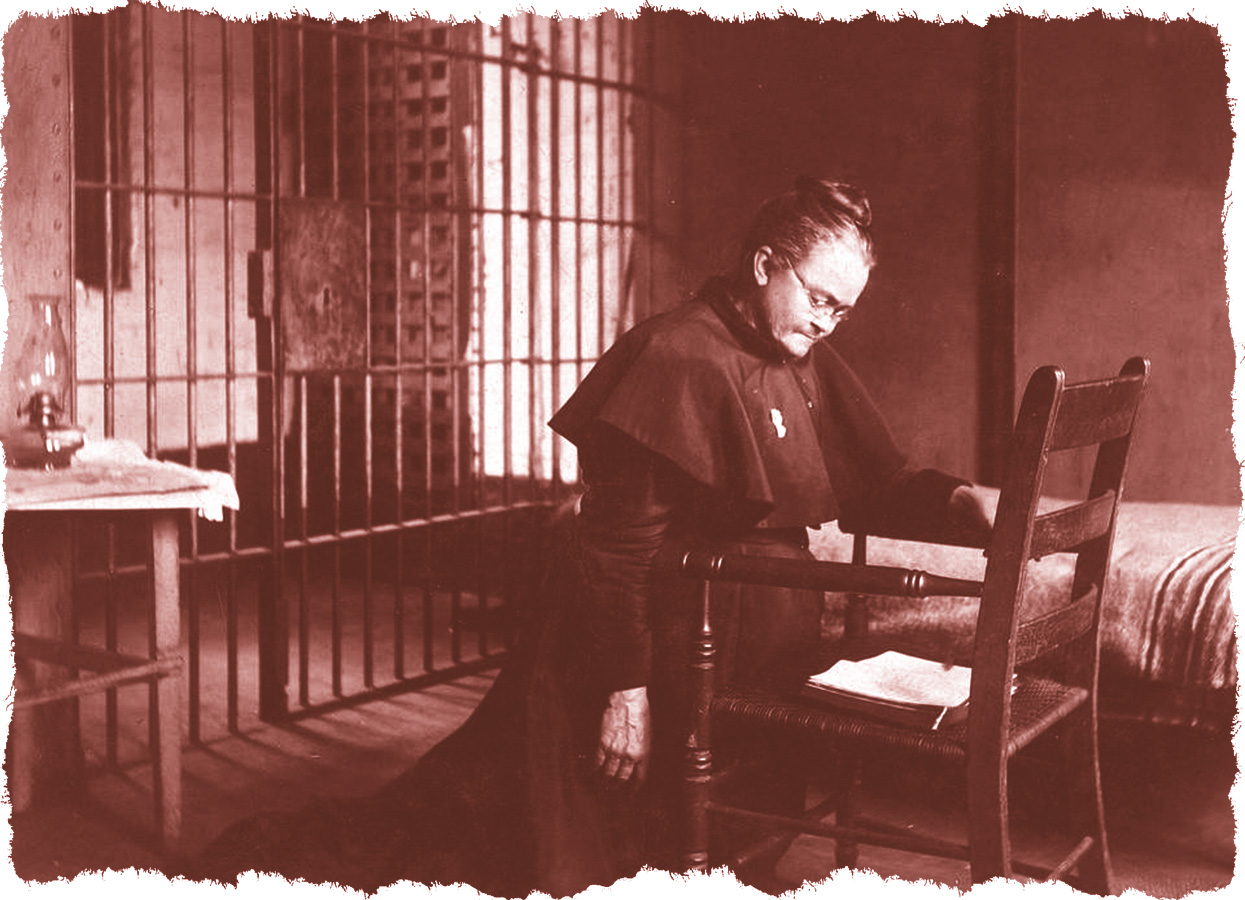
Carrie Nation was one of the leaders of the Temperance Movement. These were people who believed that banning the sale and consumption of alcohol would improve life in America. They explained that drunken fathers abused their children and wives, and that drinking alcohol led to corruption and law breaking. Many people agreed. They just had to look in the jails to see people who had been arrested for breaking laws while they were drunk. The people who wanted alcohol outlawed were called the Drys.
The Wets were people who wanted alcohol to remain legal. They believed that it was up to each individual to make the decision about whether or not to consume alcohol and how much to drink. The Wets did not believe that people would stop drinking alcohol just because it was outlawed. They thought that people would still find a way to get alcohol and it would probably be through the black market or illegal dealers. The Wets warned that banning alcohol would lead to more crime.
The fight went on for years. Carrie Nation conducted her first saloon attack in Kiowa, KS, in June of 1900. She led groups of women in smashing saloons for nearly 10 years and was arrested more than 30 times. In a time when women were not allowed to vote, Nation believed the only way she could get her point across was to demonstrate in public.
Other people in the Temperance Movement were not as destructive as Carrie Nation. Many men and women stood outside saloons across America and lectured the patrons about the evils of alcohol. Some preachers went into the bars and tried to give sermons to the customers, but they were usually ignored and sometimes chased out of the building. They might have gotten pelted with food or had drinks thrown in their face. The Drys considered it a war against alcohol and the Wets felt it was a war against their freedom of choice.
Carrie Nation conducted her first saloon attack in Kiowa, KS, in June of 1900. She led groups of women in smashing saloons for nearly 10 years and was arrested more than 30 times.
When America entered World War I in 1917, President Woodrow Wilson ordered a temporary wartime prohibition on alcohol in order to save the grain for producing food. The people of the Temperance Movement pushed even harder for this temporary prohibition to be made permanent. In 1919, the 19th amendment was ratified and the manufacture, transportation, and sale of intoxicating liquors were banned in the United States.
The American Issue, January 25, 1919
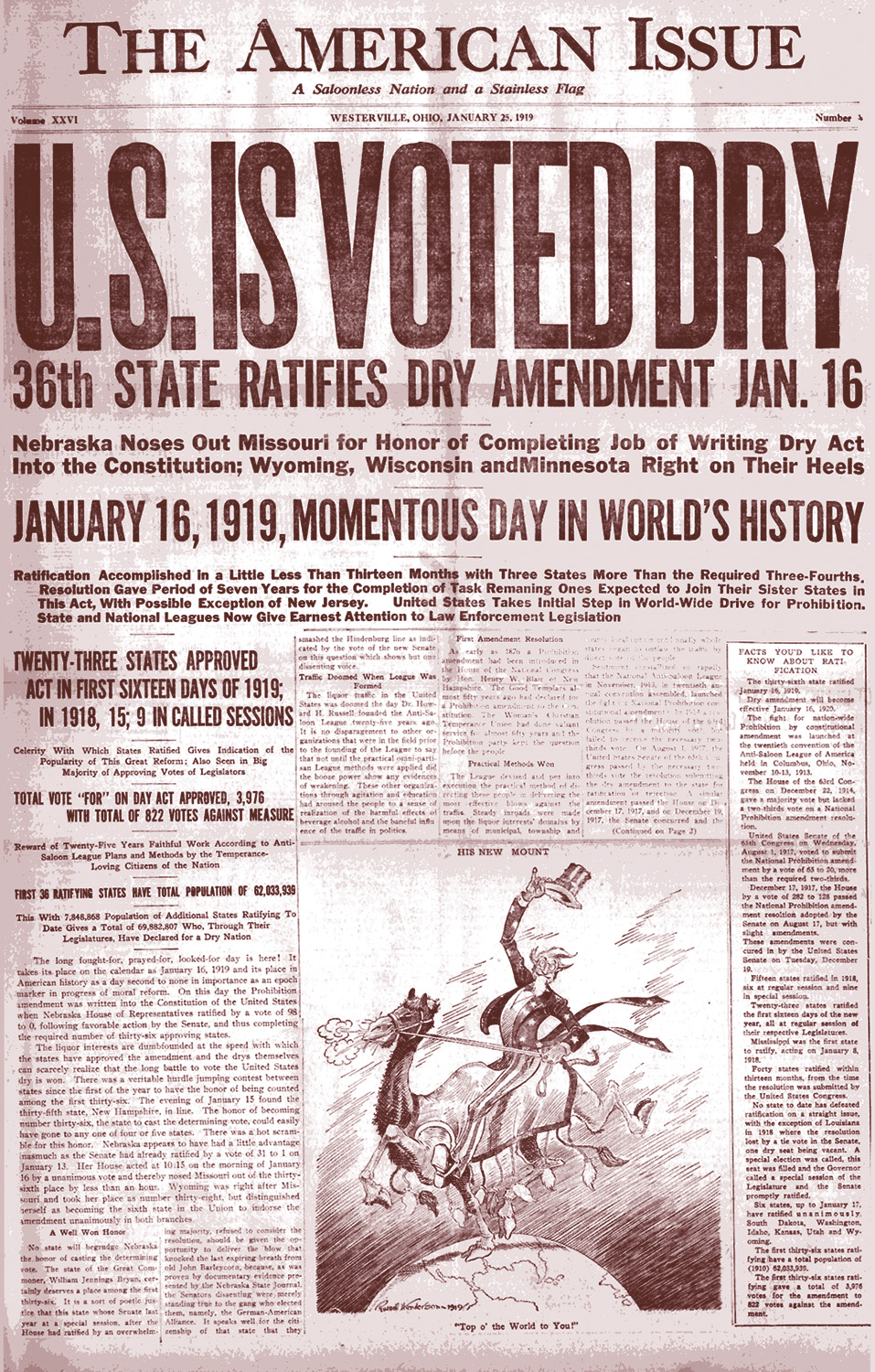
Carrie Nation didnt live to see Prohibition in America. She died in 1911, but many of her followers celebrated the day by smashing kegs of beer and cases of liquor in the streets. They were sure that this would be a new era in America where crime would decrease, jail cells would be empty, and society would benefit from being sober.
Next page
